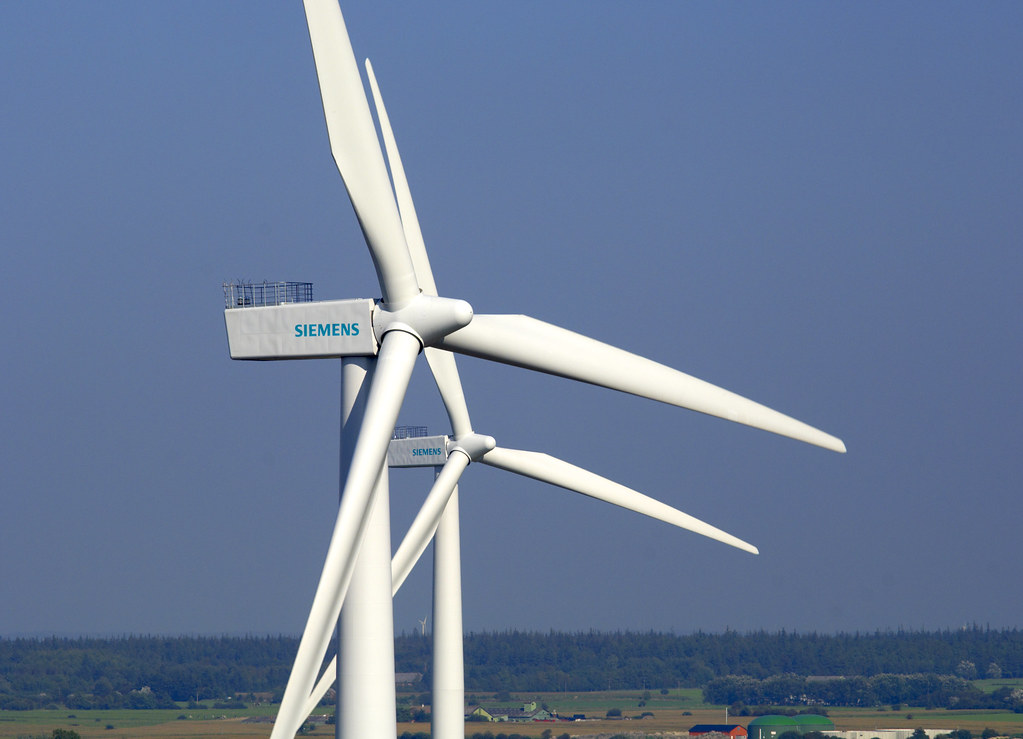Ian Shires
Liberal DEMOCRAT Activist Learn more
Opinion: Tories’ onshore wind farm opposition is based on a fallacy
by Ian Shires on 7 February, 2012
Only three days into the job and Ed Davey’s first political challenge has arisen – a demand from the unreconstructed Tory back benches for a halt to onshore wind farm development. The Tories are taking aim at the subsidies onshore wind farm receive to enable them to compete with fossil fuel, claiming that they’re unaffordable in a time of austerity – and in this, I’m sorry to say, they’ve been joined by two of our Welsh MPs, Roger Williams and Mark Williams.
While one expects the Tories to be at their most equivocal on green issues, it’s a bit worrying when our side joins in – not the least when the newest wind turbine factory in the UK is actually in Wales, at Chepstowe. The environment to one side, I can’t imagine a political strategy of trying to prevent jobs is going to be successful. That being said, the strength of local opposition to onshore wind farms – particularly amongst the retired, who are more likely to vote – can make it difficult for traditional localists like ourselves to not join in. I can understand why Roger and Mark have found it expedient to sign up to the Tories’ letter.
However, they were wrong to do so, as the letter itself is simply incorrect. It demands that subsidies for onshore wind are transferred to other, cheaper, forms of renewable energy. It doesn’t specify which ones, for the very simple reason that they don’t exist. Onshore wind is the cheapest low-carbon energy source, less expensive than nuclear, and much less expensive than carbon capture and storage (CCS). Cutting subsidies for onshore wind means we’ll need to pay other technologies more to displace the same emissions, pushing up the cost of going green.
as the letter itself is simply incorrect. It demands that subsidies for onshore wind are transferred to other, cheaper, forms of renewable energy. It doesn’t specify which ones, for the very simple reason that they don’t exist. Onshore wind is the cheapest low-carbon energy source, less expensive than nuclear, and much less expensive than carbon capture and storage (CCS). Cutting subsidies for onshore wind means we’ll need to pay other technologies more to displace the same emissions, pushing up the cost of going green.
It will have other costs too. People make a big deal out of wind power being intermittent, without realising that’s kind of the point. It’s a free resource we can use when it’s available, and go back to non-renewable sources when it’s not. It allows us to minimise the emissions of our existing energy infrastructure, until it’s replaced or we finally get CCS working, whenever that might be. Even then, it will save fuel – fuel that’s only going to get more expensive.
And this is the fundamental point. Even if the subsidies are cut, all it will do is delay the expansion of wind power, which will always have the advantage of zero fuel costs. Bloomberg has predicted that it will become cost-competitive with gas power by 2016, meaning that all the Tory proposals will do is delay its expansion by at most ten years. However, that’s ten years of higher carbon emissions, and hence a greater risk of climate change. If we drop it now, we’ll only repeat the 80s – when the previous Tory Government failed to support the nascent British wind power industry, and all the jobs went to Denmark and Germany. If we want to build a green economy – and I would hope all our MPs support that – onshore wind must be part of it.
Leave a Reply